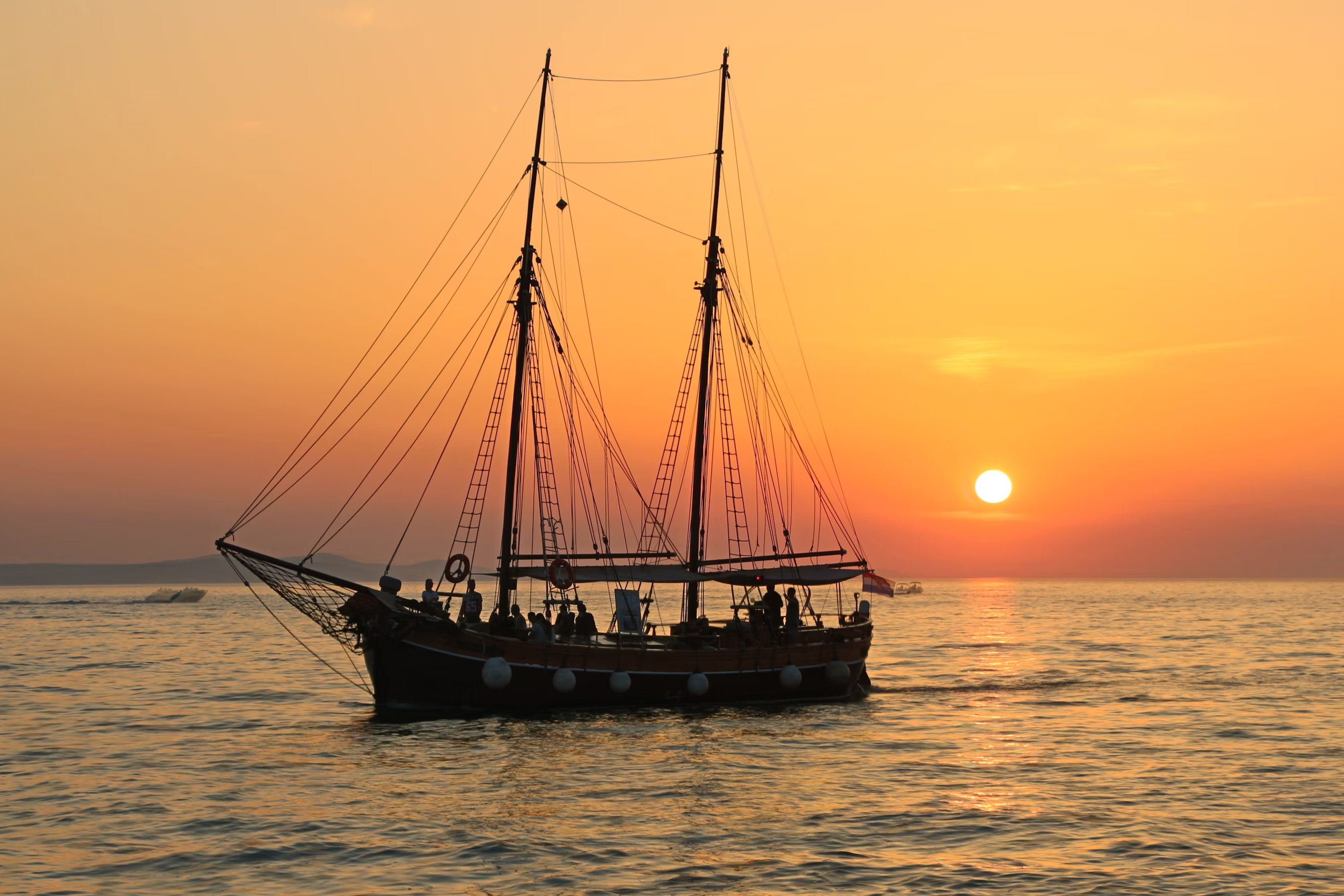Specialty Sailboats: Unique and Purpose-Built Vessels
Discover unique sailboats built for specific purposes, from gaff-rigged classics to modern foiling racers. Each sailboat's design tells its own story.

Specialty example
Specialty sailboats encompass a wide range of unique designs built for specific purposes or to maintain traditional sailing methods. These vessels often feature innovative or historical design elements that set them apart from conventional sailboats, ranging from traditional gaff-rigged schooners to modern foiling racers and experimental craft pushing the boundaries of sailing technology. The development of specialty sailboats has paralleled major technological advances and cultural shifts in sailing history. Traditional designs like gaff-rigged vessels preserve sailing heritage from the age of sail, while modern innovations such as foiling boats, developed in the late 20th century and refined through America's Cup competition, represent the cutting edge of sailing technology. These specialized designs often serve as test beds for innovations that eventually influence mainstream sailing vessel development.
| Key Characteristics | Use Cases |
|---|---|
|
|
| Advantages | Disadvantages |
|---|---|
|
|